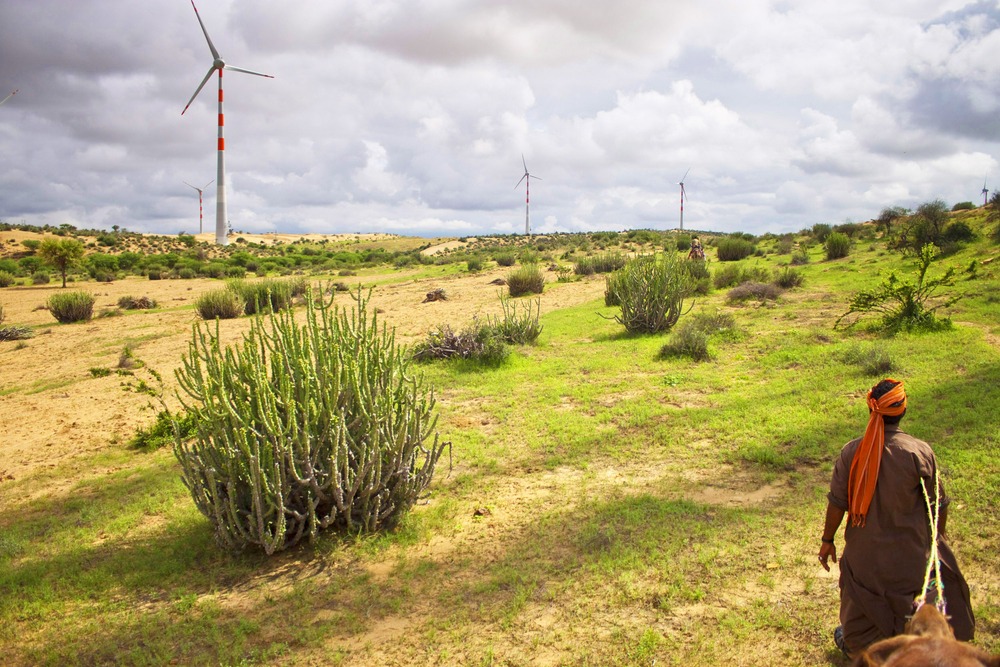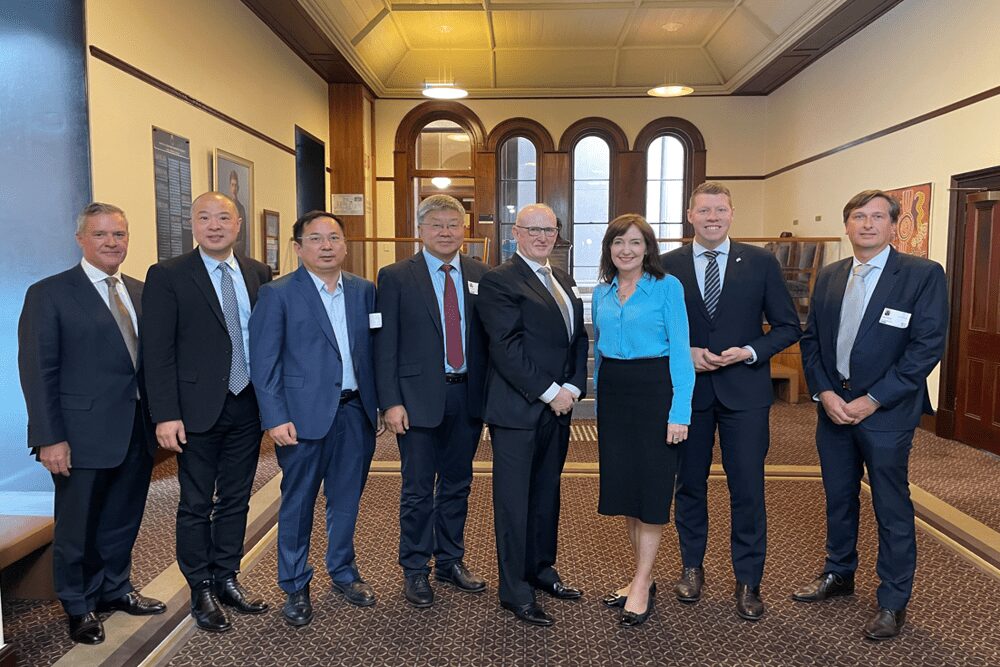
Recent research shows that up to 150 gigawatts (GW) of wind and solar projects across the Asia Pacific region could be delayed or cancelled over the next five years (2020 – 2024), if the COVID-19-led recession extends beyond 2020.
This is equivalent to pushing back the Asia Pacific renewables construction pipeline by nearly two years.
Wood Mackenzie research director Alex Whitworth said the extent of the COVID-19 impact on Asia Pacific markets is key to the future growth of the renewables sector.
“Over the last five years (2015 – 2019), the Asia Pacific region accounted for over three-quarters of global power demand growth, while leading the world in wind and solar capacity installations.
He said the coming months will be crucial to determine if the region is moving towards a rapid recovery or extended recession future.
“Key indicators to monitor include power demand growth, credit terms for renewables projects, cost competition between renewables and fossil fuels and government support including stimulus for renewables markets.”
Wood Mackenzie projects that a two- to three-month power demand disruption with strong recovery would lead to 380 Terawatt hour (TWh) of power demand lost in Asia Pacific this year. However, if COVID-19 is not brought under control and markets go into major recession, approximately 1,000 TWh of demand could be lost by 2023. This is equivalent to about two years of growth in the region.
Prior to the virus outbreak, global investors had been active in Asia Pacific renewables projects, offering developers access to cash at competitive rates of interest. However, if the COVID-19 outbreak evolves into a financial crisis, funding may be harder to secure, leading to reduced competitiveness of renewables.
Whitworth said: “In our base case outlook, the impact on wind and solar installations in 2020 can be offset by stronger growth and support policies in 2021. But if the situation worsens, renewables projects in Developing Asia* could be heavily impacted by increased financing costs, as well as forex risk due to high capex share of costs. A 10 per cent increase in weighted average cost of capital could lead to an 8 per cent increase in levelised cost of electricity (LCOE) in renewables.”
Another factor determining the competitiveness of renewables is the comparison of the LCOE of renewables vis-a-vis fossil fuels. While generation costs of new solar and wind plants across the Asia Pacific have fallen by 54 per cent and 29 per cent respectively in the last five years, Whitworth said that in a recession scenario with lower fossil fuel prices, renewables would only become competitive with coal-fired power plants in most of the Asia Pacific beyond 2025.
He added: “This is where government support is important. China and other key governments have strongly supported renewables with subsidies and preferential dispatch policies leading to massive growth in installation projects over the last five years.
“But as the scale of renewables investments grow, governments have begun to lower or cancel subsidies and expose renewables projects to market forces. Given the potential impact of the COVID-19 outbreak, governments may need to rethink the timelines for withdrawing support, and the timing of energy transition plans.”
By April 2020, in response to COVID-19, some governments have been willing to extend subsidies for delayed wind and solar projects. For example, Vietnam’s Ministry of Industry and Trade proposed a two-year extension of FiTs for wind to 2023, while China is discussing extending subsidies beyond the 2020 planned cut-off. However, these policies are likely to affect the existing project pipeline rather than new projects.
Whitworth said: “In an extended recession scenario, we expect governments to become overwhelmed with more pressing economic priorities, making it difficult to support the renewables sector with stimulus measures.
“There will be limited support for investment in the power sector because of overcapacity caused by demand slowdown. Governments could also take actions to control energy markets and prices which would impact profits and cashflow of power assets.”
*Developing Asia refers to India, Vietnam, the Philippines, Thailand, Indonesia, and Malaysia.











